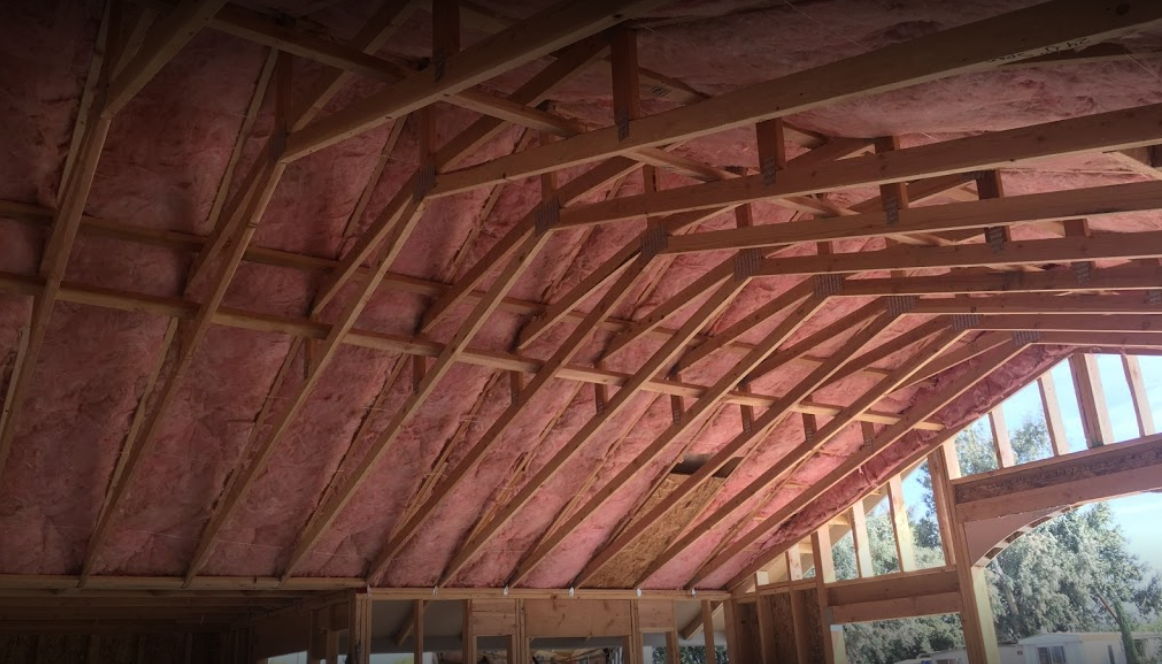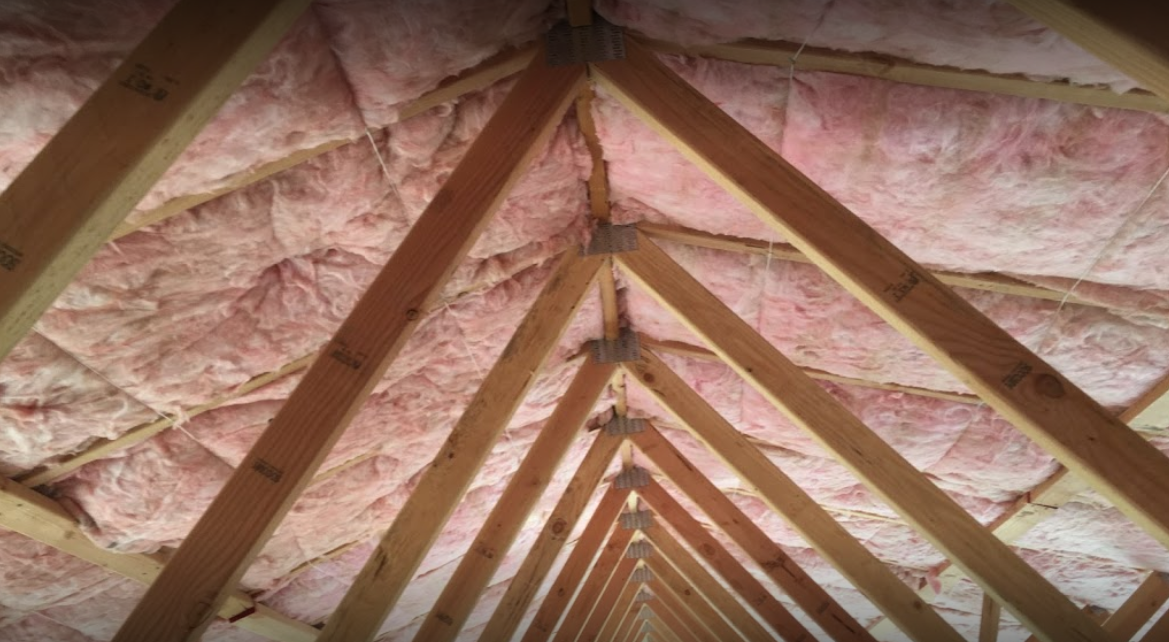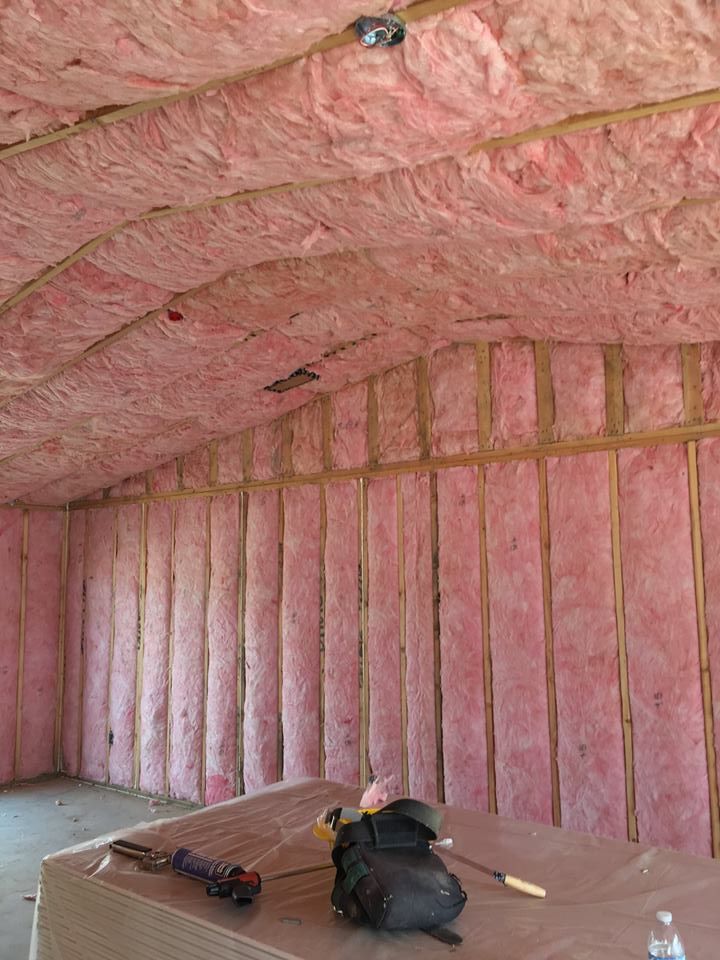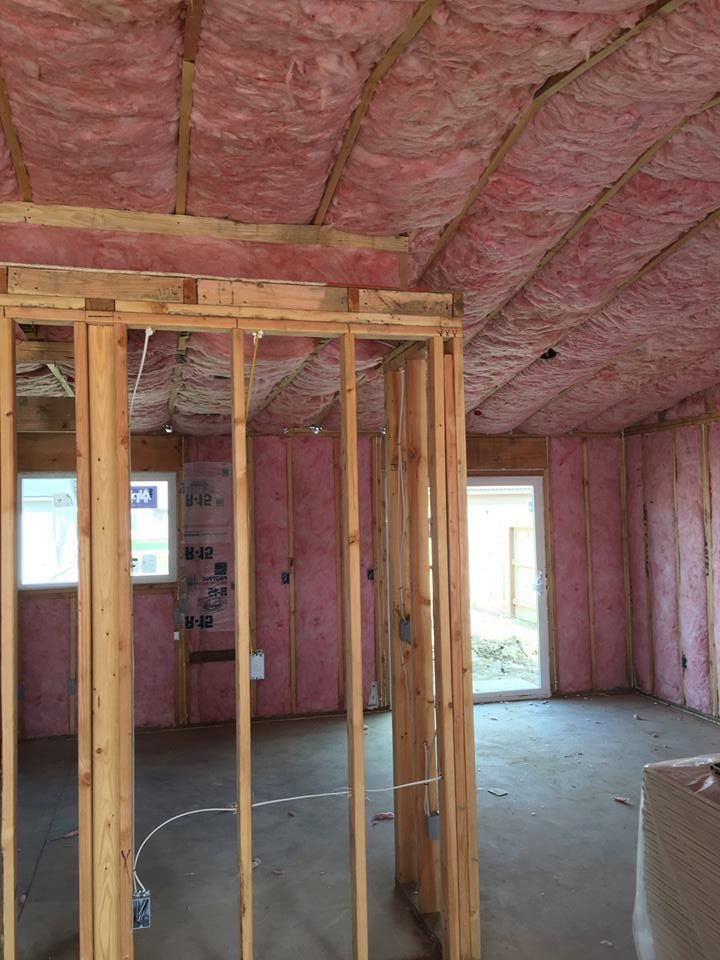INSULATION FAQ
/How does insulation work?
Insulation works to resist the flow of heat by acting as a barrier. Heat is a form of energy and always seeks a cooler area—in your home this means it flows out in winter, and in during the summer. Insulation slows this heat flow, so your heating and cooling system requires less effort to maintain your desired temperature, which saves you money. Home insulation is one of the most cost-effective ways of conserving energy, saving money on heating and cooling bills, and making your home more comfortable.
What does R-value mean?
The R-value is the insulation’s ability to resist heat flow, “R” meaning resistance to heat flow. The higher the R-value, the stronger the insulating power.
Is it expensive to insulate my home?
Not at all! Insulation is one of the most affordable and worthy home upgrades for homeowners that are looking to lower their energy bill and make their homes more efficient.
The price for insulation depends on several factors:
The climate in your part of the country
The style of your home
Existing insulation that needs to be removed
The age of your home
How much insulation you plan to install
We have specialists trained to get you the best value to fit your budget. Not only that, you may be eligible for financing, rebates, and tax credits!
Can insulation make my home sound-proof?
Most definitely! Insulation is a great way to reduce unwanted sound, and it is commonly used to provide a more comfortable and quieter interior environment. Insulation reduces noise coming through floors and through interior and exterior walls. The insulation acts like a barrier and makes it harder for noise to travel. Vezina Industries can help you select the perfect insulation for your needs and wants.
What words should I watch out for in estimates or contracts?
Once you have chosen an insulation contractor, make sure the contract includes the job specification, cost, method of payment, and warranty information provided by the insulation material manufacturer. Make sure that the contract lists the type of insulation to be used and where it will be used. Make sure that each type of insulation is listed by R-value.
Stay away from contracts with vague language such as R-values with the terms “plus or minus”; “+ or -“; “average”; or “nominal.”
Beware of any contract or verbal offering that quotes the job in terms of thickness only (e.g. “14 inches of insulation”). Remember, it is the R-value — not the thickness — that tells how well a material insulates. When buying insulation, be sure not to get sidetracked by the thickness of the material.

















